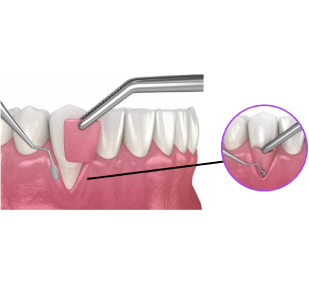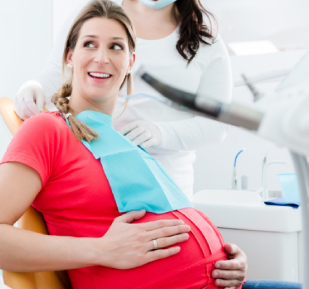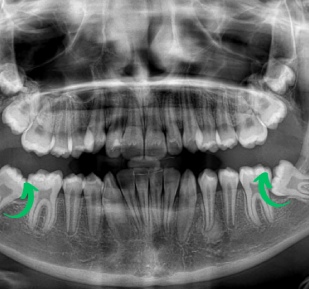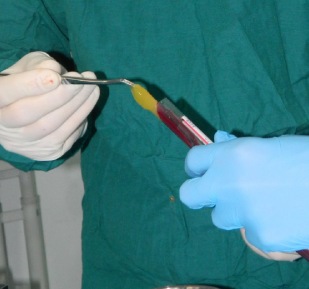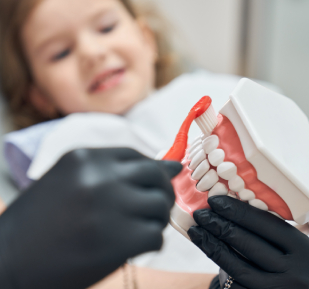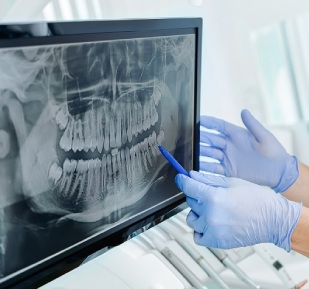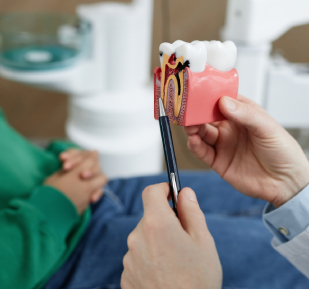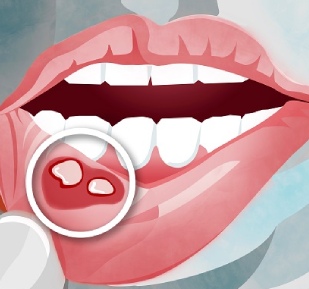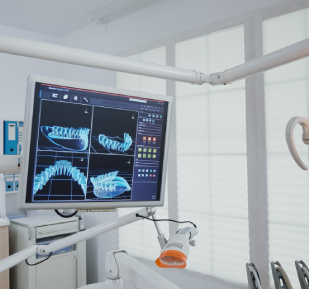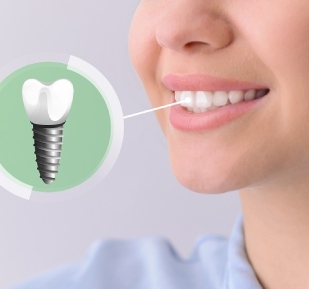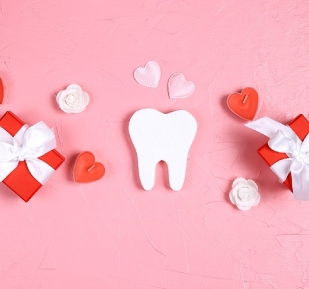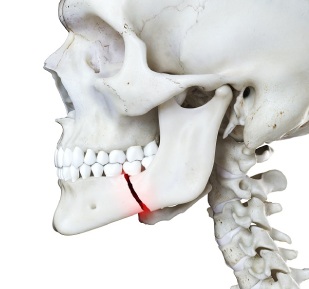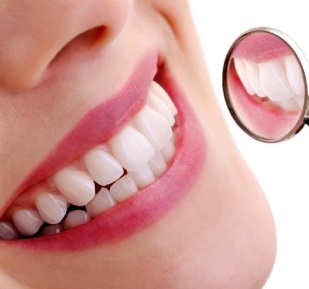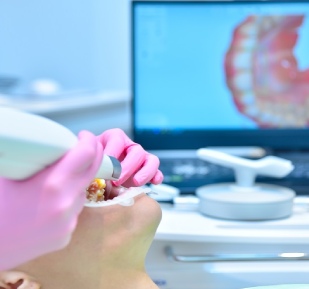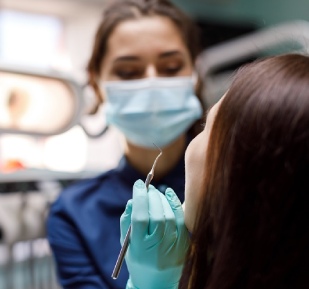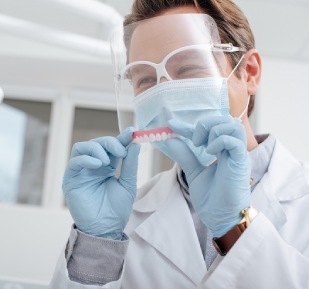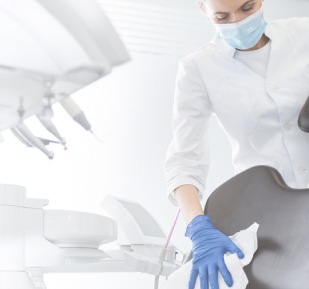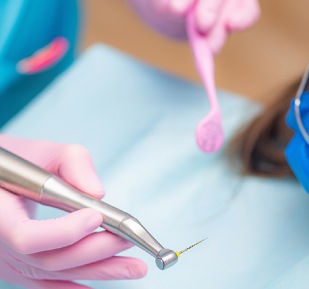What Are Jaw Cysts?
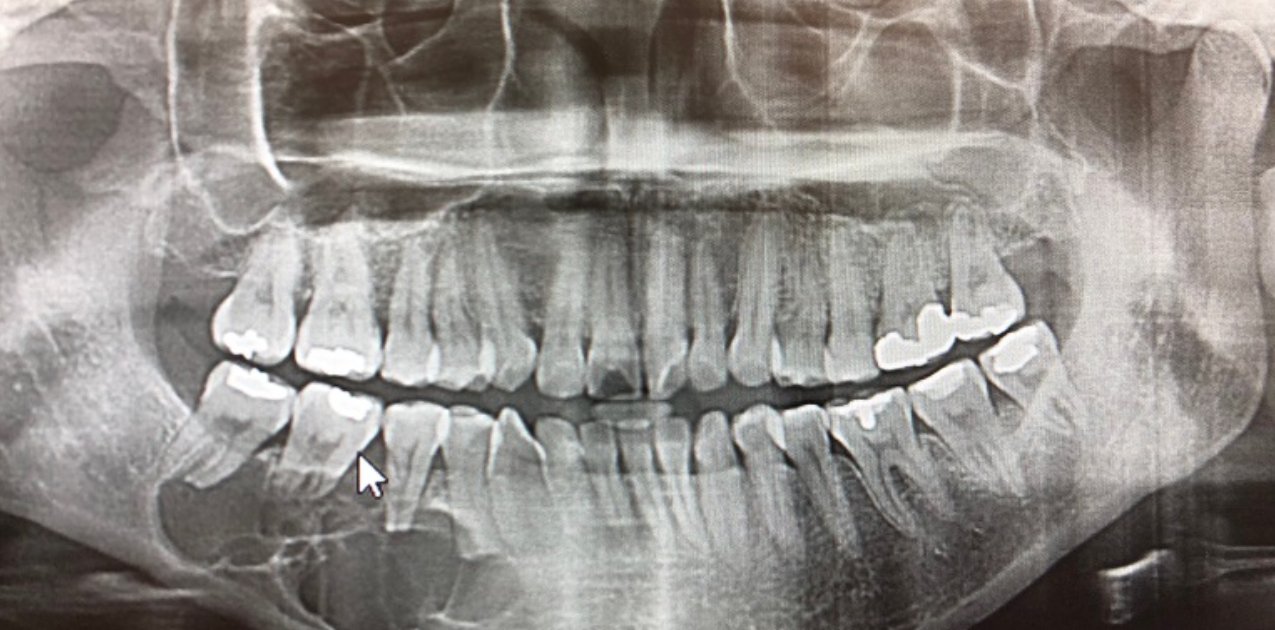
A “cyst” is defined as a cavity that can be located in soft tissue or bone, contains fluid, and are covered with tissue. Cysts can occur anywhere in the human body, but they are commonly found in the jaw and can expand and grow in the area where they are located.
Cysts that form in the jaw are a pathological condition. It can be detected by a dentist in a clinical setting during a routine dental check-up because it shows signs of swelling and pain. It can also be detected by radiographic imaging methods. Cysts are treated surgically.
How Can We Recognize Jaw Cysts or Jaw Tumors?
Most often, the symptoms of cancer cells may go unnoticed by patients. As a result, patients may experience bite problems, swelling may occur around the mouth, jaw and gums. The most important thing to pay attention to is recurrent and non-healing wounds that form in the same place in the patient's mouth. A biopsy needs to be performed in lesions that have not healed after approximately 10 days.
During a clinical examination, if there is swelling in the mouth or jaw, patients are given a panoramic X-ray or tomography to evaluate them for jaw cysts or tumors.
What Are Operation Processes in Jaw Cysts?
When patients come in for examination, pain and swelling in the area of cysts or tumors are usually observed. Radiological examinations are performed to determine the diameter, size and location of cysts or tumors located in the jaw. A biopsy is performed in the area where the cysts/tumors are located to plan the surgery.
What Should Patients Pay Attention to After Operations on Cysts and Tumors of the Jaw?
If the lesion covers a large part of the patient's jawbone, utmost attention should be paid to the possibility of a fracture. After the lesion is removed, a cavity may appear in the jawbone. Patients should carefully take care of the operated area so that there is no jaw fracture. The bone, where a cavity has formed, heals and closes itself in about 6 months to 1 year.
What Are the Precautions to Prevent the Formation of Jaw Cysts?
The measure to be taken should always be routine checks. Patients may not notice cysts and tumors most of the time. Such lesions can be noticed by dentists during the patient's oral and dental health examination. In that case, your dentist will provide you with the necessary information and start your treatment processes.
Is Early Diagnosis Important in Jaw Cysts?
Early diagnosis is extremely important in jaw cysts. It is easier to remove a cyst the size of a hazelnut, and the damage it can cause to the surrounding area of the cyst will be less severe. If the correct intervention is not performed in time, jaw cysts can cause many dire consequences, such as swelling of the face, inflammation and pain, the formation of a benign or malignant tumor, and deformation of the jawbone. Early diagnosis and proper treatment are crucial.
Which Physician Should I Consult for Jaw Cysts?
The only method of treatment of jaw cysts is surgical intervention. Cysts are removed by oral and maxillofacial surgeons who are experts in their field.




